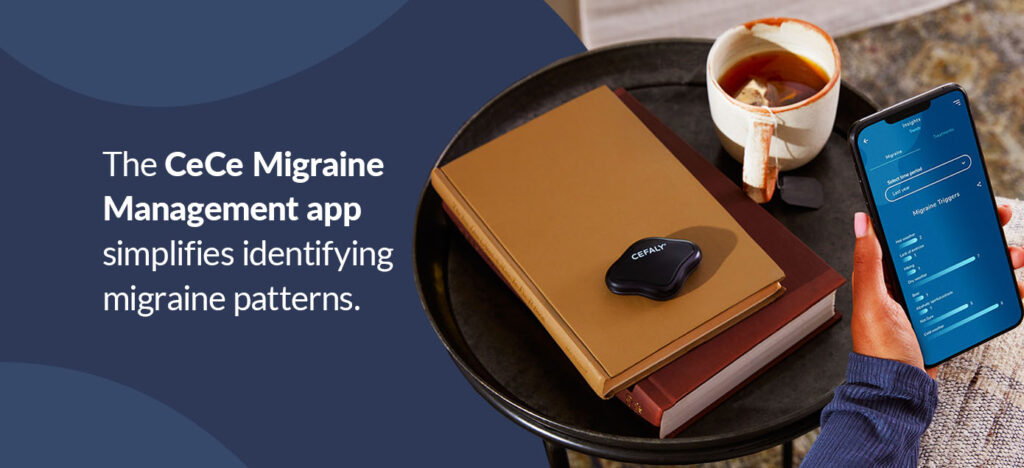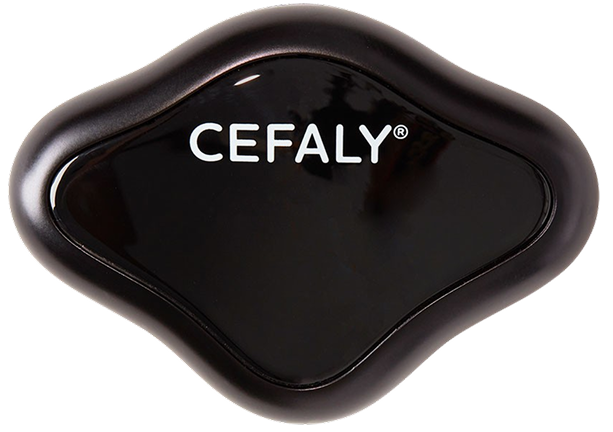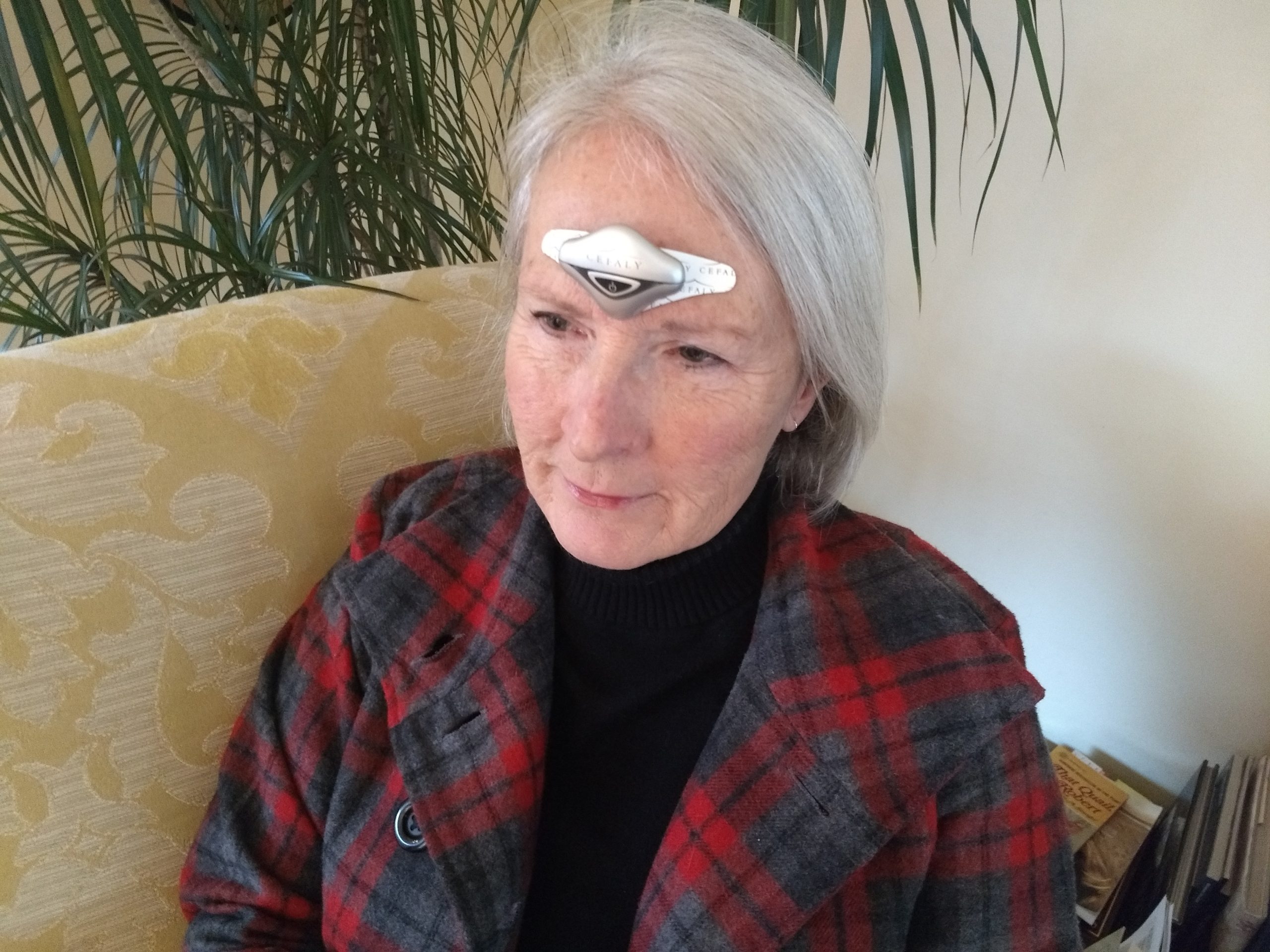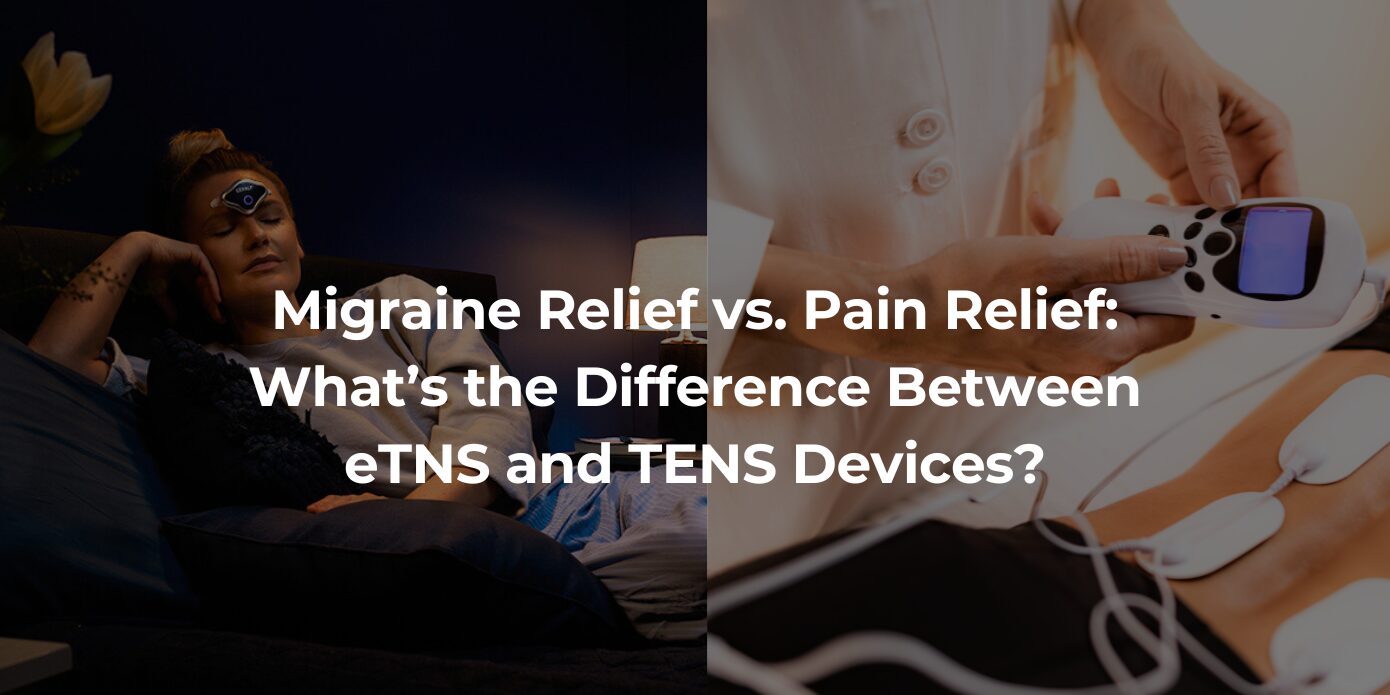Yes, birth control can cause migraine in some people when they experience hormonal changes. Others find birth control regulates their hormones and helps them manage migraine attacks. Whether birth control causes migraines depends on the person.
Migraine ranks second in the causes of disability worldwide. Women make up 75% of the total population that experiences migraine. If you suspect birth control is causing migraine attacks, you have options.
The link between migraine and birth control pills
Hormone fluctuations are a common migraine trigger for many women. Birth control pills contain hormones that perform several actions to prevent pregnancy. Birth control pills can be a migraine trigger if you’re sensitive to hormones. Oral birth control often consists of a daily pill. You take active pills for three weeks and inactive pills for the fourth week of the month. Taking inactive pills causes your estrogen levels to drop, which can trigger migraines.
Can birth control help with migraine?
Everyone has a unique experience with migraines. Some find birth control helps manage their migraines by regulating their menstrual cycles.
Hormone fluctuations throughout your cycle can trigger migraine. If you’re sensitive to these changes, you can experience migraine without birth control. It’s best to consider your contraception options.
Types of oral contraception and their effect on migraines
When it comes to the birth control pill and migraines, there are some basics you should know. Two main contraceptive pills exist — the combined pill and the mini pill. The combined pill contains estrogen and progesterone. The mini pill only contains progesterone.
Every person who experiences migraine is different. Some can take any pill. If you have a migraine with aura, sensory changes before the attack are normal. Taking the combined pill with this type of migraine may increase the risk of ischemic stroke. This type of migraine can make you more sensitive to estrogen fluctuations. You may also experience more intense migraine attacks.
The mini pill can cause irregular bleeding — another possible trigger. If you experience birth control migraines, discuss your situation with a doctor. Estrogen fluctuations are less frequent when you take an extended cycle pill. You can also look at other long-term hormonal contraceptives. The more balanced your hormones, the less frequent your migraine attacks may be.
What can you do if you get migraines on birth control
If you think there’s a link between birth control and migraine, you have lots of options:
Keep a migraine diary
The more you know what triggers your migraines, the better you can manage the issue. Keep track of the following:
- Dates and times: Record when your migraines occur so you can identify any hormonal links.
- Activities: Log what you did before the migraine began to rule out these triggers.
- Food and drink: If you can connect migraine to specific things you eat or drink, you can remove them from your diet.
- Symptoms: Note any symptoms so you can discuss them with your migraine specialist.
- Treatments: List all your treatments and the results. This information shows you what helps and what doesn’t.

The CeCe Migraine Management app simplifies identifying migraine patterns. You can log attacks, track triggers and generate reports for more insight. Set reminders from one interface to help with your treatment plan.
Seek professional advice
Your doctor, neurologist or migraine specialist can help you manage your symptoms. They can tell you if there is a link between your migraine attacks and birth control. They can also help decide on alternatives. Watch for more intense attacks and new symptoms. Talk to a doctor if you experience these changes.
Consider other birth control options
If birth control triggers your migraine attacks, you can look at different contraceptives. An intrauterine device (IUD) is a long-term option that releases no hormones. You can also consider condoms, diaphragms or a low-estrogen pill.
Practice good migraine management
Many things in your environment can trigger migraine, from diet to cleaning chemicals. Good migraine management often involves combining approaches. Some practical tips for managing migraine triggers include:
- Manage stress: Stress is a trigger for 70% of people who experience migraine. It’s a part of life and sometimes out of our control. Add activities into your routine that reduce stress. Some options to try include meditation, yoga and light exercise.
- Drink water: Dehydration is a common migraine trigger. Keep water close by and carry some with you when you travel.
- Eat healthy: Preservatives, certain foods, alcohol and caffeine can all trigger migraines. Try to eat a healthy diet whenever possible.
- Get enough sleep: Too much or too little sleep can also be a trigger. Create a sleep routine that works for you and stick to it whenever possible.
- Create a calm environment: Avoid strong smells, bright lights and loud noises.
- Focus on movement: Regular physical activity is beneficial. Taking it overboard can trigger or intensify attacks. Start small with light, low-impact exercise and build from there.
Build a migraine toolkit
If hormonal changes trigger you, planning can help you through monthly migraine attacks. Build a migraine toolkit to make you feel better during an attack. A complete migraine toolkit includes:
- Ice: An ice roller and some ice packs are excellent for quick cold therapy. You can also cool yourself down if heat is one of your triggers.
- Heating pad: Relax tense muscles and combine hot and cold to ease some of your symptoms.
- Essential oils: Essential oils and herbal remedies can be helpful during migraine attacks.
- Medication: Ensure you have enough prescription and over-the-counter medication.
- CEFALY: Use this drug-free, fast-acting treatment to reduce pain. For best results, use it at the first sign of an attack. You can also use the device in 20-minute PREVENT treatment sessions. Over time, it can reduce the frequency and intensity of migraine attacks.
Get Drug-Free Migraine Relief With CEFALY
Shop Now
90-day money back guarantee
FDA-cleared
financing available
Create a migraine support network
Social support is essential for people who experience migraine and other chronic illnesses. When you connect with similar people, you can learn more about your migraine attacks. Remind each other to take medication and share trigger management tips.
Modern technology allows you to connect with people without leaving home. You can join an online forum or migraine community. They should focus on healthy conversation and sharing legitimate resources. Talking about your migraine journey reminds you that you’re not alone. Together, you’re empowered to make informed decisions about your treatment.
Manage your migraine: learn about our drug-free migraine treatment option
Managing migraine attacks can be challenging when you have to balance different medications. Professional support and positive habits can help you manage hormonal triggers. Over time, you can reduce how often you have migraine. When migraine attacks do hit, you can rely on CEFALY. This innovative product can reduce the frequency of attacks and help you manage hormonal triggers.
CEFALY is a wearable device that stimulates the trigeminal nerve that you can use for relief during migraine attacks. With daily use, CEFALY also aids in long-term prevention. Discover CEFALY, buy your wearable device and transform your migraine management today!















